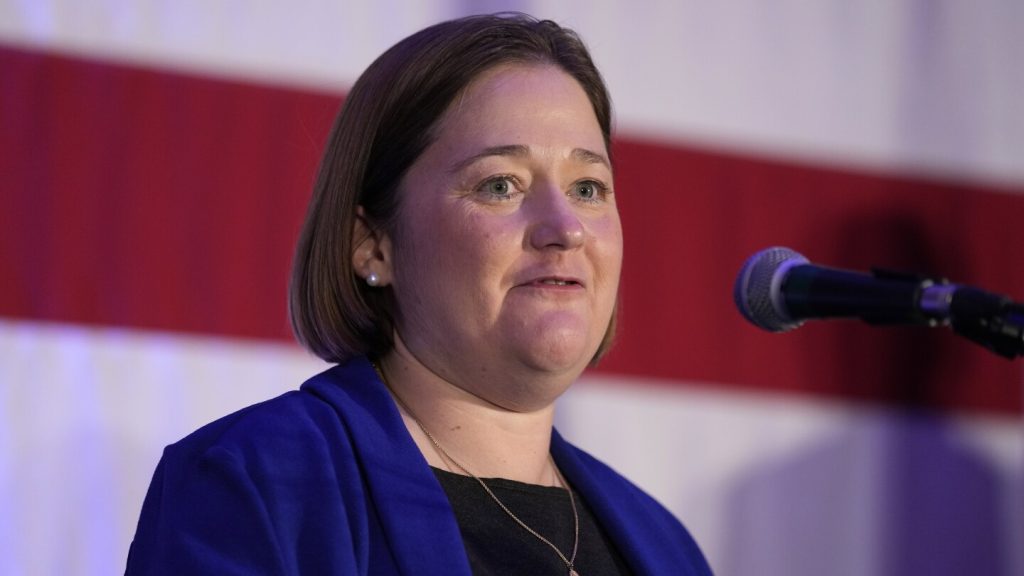The Iowa attorney general’s office is currently conducting an audit of its victim services that has resulted in emergency contraception funding for victims of sexual assault being put on hold. Attorney General Brenna Bird, a Republican, paused the funding while waiting for the results of the audit to determine if the payments should continue. The audit, which was announced when Bird took office 14 months ago, is in its final stages, and a report is expected to be released soon. Under the previous administration, the cost of contraception for sexual assault victims was partially covered, and in rare cases, the cost of abortion was also covered.
The delay in emergency contraception funding has raised concerns among advocacy groups, including Planned Parenthood Advocates of Iowa, who believe that the audit is being used as an excuse to terminate payments. The lack of state-covered emergency contraceptives for sexual assault survivors in Iowa has been described as deplorable by Mazie Stilwell, director of public affairs at Planned Parenthood Advocates of Iowa. Bird’s decision to pause the funding aligns with her opposition to abortion, as highlighted during her campaign to replace the 10-term Democratic Attorney General Tom Miller. Bird will also defend Iowa’s restrictive abortion law during oral arguments before the state Supreme Court in April.
Federal and state laws mandate that medical examination costs for victims of sexual assault are covered to ensure proper collection of forensic evidence. In Iowa, these costs are covered by the attorney general’s crime victim compensation program, which is funded by state and federal criminal fines and penalties. Under the previous administration, costs for victims’ prescriptions for oral contraceptives and the Plan-B morning-after pill, as well as for the prevention or treatment of sexually transmitted infections, were reimbursed at 75%. While Bird’s office has stated that the crime victim compensation fund is still being used to cover the costs of sexual assault examinations, rape kits, and STI tests.
The current status of the audit was first reported by the Des Moines Register, which filed an open records request in October. After five months, Bird’s office completed the records request but declined to release the document to the Register, citing a section of the Iowa Code that exempts preliminary documents from public records law. The delay in releasing the audit report has led to speculation and criticism from advocacy groups and lawmakers. The decision to continue withholding emergency contraception funding until the audit is complete has created a contentious issue in Iowa, with concerns raised about the impact on sexual assault survivors who rely on these services.
Overall, the audit of Iowa’s victim services has become a focal point of debate and controversy, with concerns raised about the delay in emergency contraception funding for sexual assault victims. The decision to pause the funding by Attorney General Brenna Bird has been met with criticism from advocacy groups like Planned Parenthood Advocates of Iowa, who view it as a political maneuver to restrict access to reproductive health services in the state. As the audit nears completion, the results are eagerly awaited to determine the future of emergency contraception funding for sexual assault survivors in Iowa.


